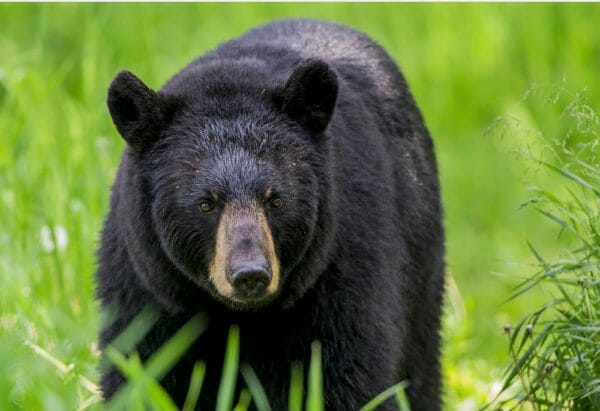
U.S.A. –-(AmmoLand.com)-– On August 13, 1977, Cynthia Dusel-Bacon was working for her third summer as a geologist for the Alaskan branch of the United States Geological Survey. She was 30 years old and in excellent physical condition. She was field mapping, doing helicopter-assisted traverses of the Big Delta quadrangle. She had a geologist’s hammer, a walkie-talkie radio, and a rucksack with lunch, which she also used to stow rock samples she collected.
The project chief believed “guns added more danger to an encounter than they would prevent”. Her views became policy on the project.
Cynthia later said, in a taped interview for Larry Kanuit: “She had therefore strongly discouraged us from carrying any kind of a firearm.”
Cynthia had been dropped off by helicopter. She was hiking along a narrow path on a ridge a few miles from the Salcha River, about 60 miles southeast of Fairbanks, Alaska. A “small black bear” startled her with a crash in the brush. It appeared to her, staring at her, from about 10 feet away. She yelled at it. She pounded a rock with her hammer to make noise. The bear was not intimidated. Cynthia took a step back, which was also higher on the rock.
The bear moved out of her sight, then struck her from behind and knocked her down. She had been told playing dead was the best strategy, so she did. The bear proceeded to drag her for nearly half an hour. During that time, her right arm was disabled as the bear tore and chewed on it. She was able to get her radio out of her pocket with her left arm and signal for help.
The bear managed to eat and destroy

